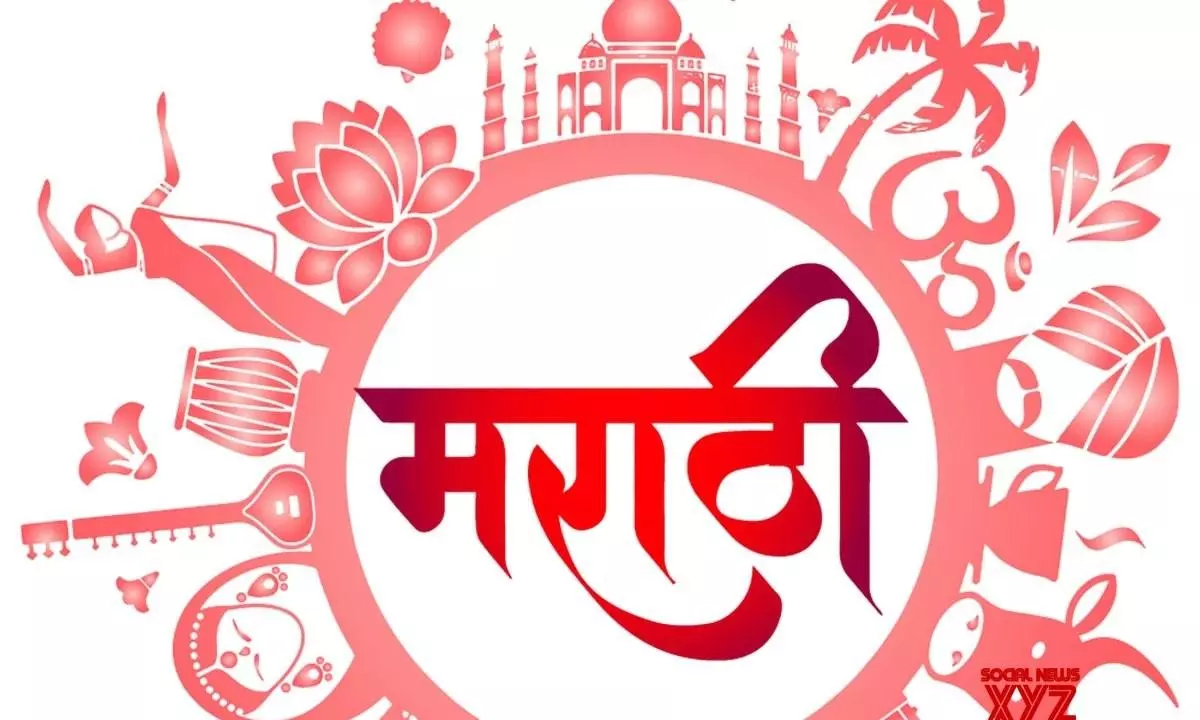
Poll ploy? Classical language tag for Marathi just ahead of election raises the doubt
Controversies surround conferring of classical language status, be it the tweaking of criteria or grant of funds; why call languages classical and then impose Hindi, ask observers

Just 13 days ahead of the Election Commission of India announcing dates for the Maharashtra and Jharkhand Assembly polls, the Union Cabinet granted ‘classical language’ status to Marathi, Pali, Prakrit, Assamese and Bengali languages.
This development is largely being viewed as a ‘politically motivated’ move by the BJP-led NDA government at the centre.
Bestowing classical language status on Marathi — an 11-year-old demand by Maharashtra — is clearly an electoral ploy, said political analysts.
The BJP and other political parties quickly dived in to gain mileage from the move. Prime Minister Narendra Modi took to the X (Twitter) platform to declare that “Marathi is India’s pride” and “this honour acknowledges the rich cultural contribution of Marathi in our nation’s history”.
Also read: Marathi, Bengali, 3 more languages get classical language status
Tweaking criteria
The Centre has been sharply criticised for ‘tweaking’ the criteria to grant classical language status to these five languages. The Union Ministry of Culture has said that the new criteria will be officially notified after their approval by the Union Cabinet.
Per the current criteria, a language should have high antiquity of texts/recorded history over a period of 1,500-2,000 years. It should also have a body of ancient literature or texts that is considered a valuable heritage by generation of speakers. The literary tradition must be original and not borrowed from the speech of another community.
A Linguistic Experts Committee (LEC) was constituted under the Sahitya Akademi by the Culture Ministry in November 2004 to examine the proposed languages for classical language status. The criteria were revised in November 2005.
Also watch: TN: Hindi month celebration triggers political war as Tamil anthem desecrated
Political motive
The Centre has now come under fire for further revising the criteria to suit its political ambitions in Maharashtra, which is set to go to polls on November 20. Assam is going to polls in 2026 for a new assembly, and Assamese has been conferred the status.
The move to grant classical language to Bengali was also a political ploy, said analysts. Pali and Prakrit got the classical language status to please the people in Uttar Pradesh, Madhya Pradesh and Bihar, where the present BJP government is ruling, they further said.
Prof Purushottama Bilimale, chairman of the Kannada Development Authority, said the Ministry of Culture tweaked the criteria to grant the status to Marathi and five ot her languages. “Does this mean that the Modi government will reduce the period of antiquity to 1,000 years?” Bilimale asked while in conversation with The Federal.
Also read: Bhojpuri vs Maithili | JD(U), Opposition not on same page on promoting languages in Bihar
“The Prime Minister has used Marathi language as a tool in Maharashtra. Similar is his strategy in Assam. He conferred classical language tag to Assamese to please the Assam electorate. The move to include Bengali in the classical language category can be read as an attempt to penetrate deep in the linguistic psyche of Bhadralok of Bengal," he said.
Imposition of Hindi
While conferring classical status to various languages on the one hand, the Centre is imposing Hindi on the other, rued Bilimale, who also headed the Kannada Chair at Jawaharlal Nehru University.
“In the days of liberalisation, globalisation and privatisation, only Hindi and English hold currency and other languages are becoming endangered. The government doesn’t acknowledge their existence at all," he said.
“The NDA government at the Centre is hell bent on making Hindi the national language and continues to impose that language on states. Even after according the classical language tag, it is not releasing funds to states — not the way money is being pumped to promote Sanskrit, which suits its Hindutva agenda," he added.
According to the Centre's own admission, the funds allocated for Tamil, the first language given the classical language status, is the highest, at more than ₹100 crore. About 50 per cent of the funds were allocated between 2020-21 and 2023-24 only.
Also read: 15 years after ‘classical’ tag, Kannada still cries for its place in the sun
“It was an attempt to please the electorate during the Assembly election held in April 2021,” he argued. Allocation of funds for Telugu and Kannada has been ₹11-12 crore, which too hints at the politicisation of classical languages, he pointed out.
Category emerges in 2004
The Government of India brought in a new category in 2004 named 'Classical Languages', laying down specific criteria for a language to achieve this status. As on October 3, 2024, as many as 11 languages have been conferred the Classical Language status.
Tamil was the first to receive this distinction back in 2004. In 2005, Sanskrit was granted the status even as the criteria for eligibility was being modified. Subsequently, in 2008, both Kannada and Telugu were awarded the status.
In 2013, Malayalam joined the ranks, marking the recognition given to all the official languages of the South Indian states. Odia was conferred the status in 2014.
Now, after a decade-long gap, five languages have been granted this status.

